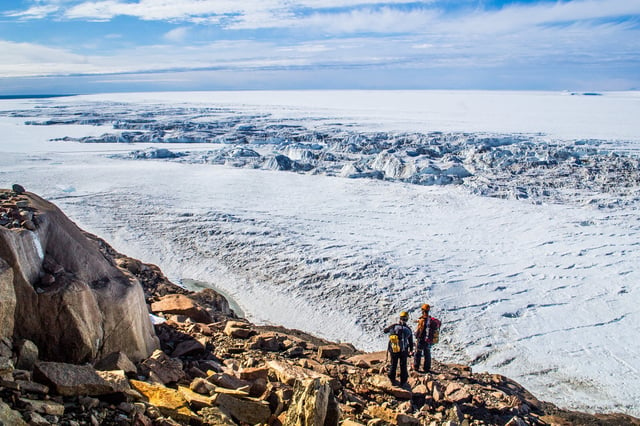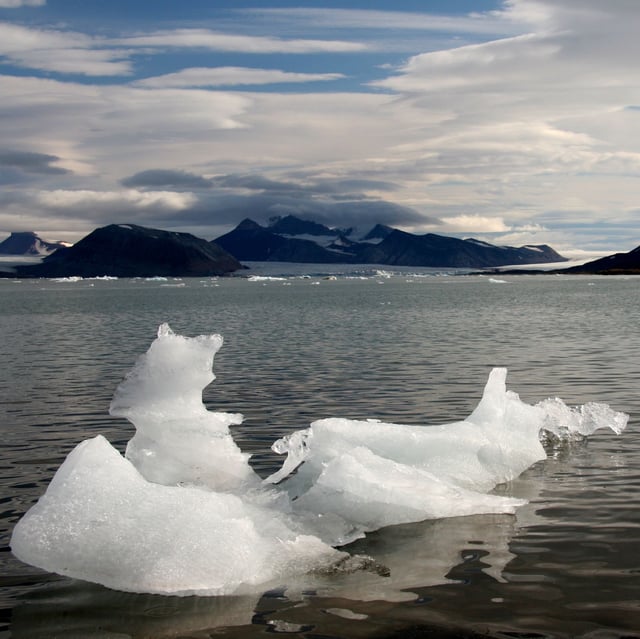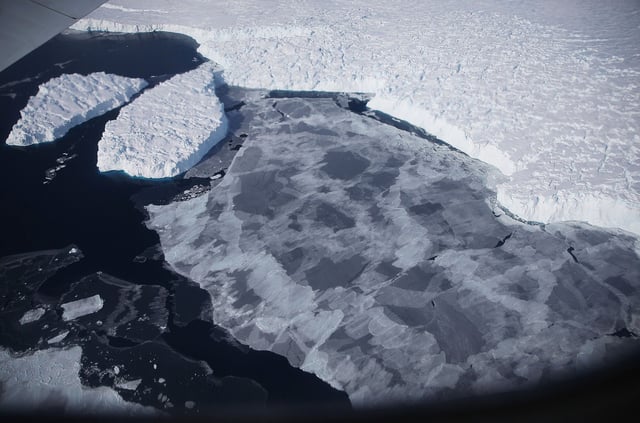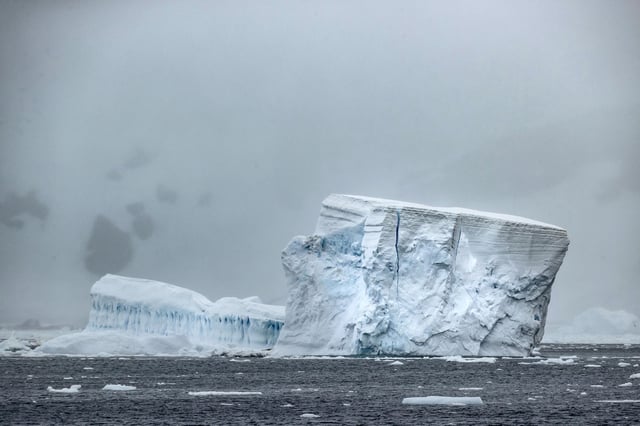Overview
- Studies confirm that overshooting 1.5°C, even temporarily, locks in glacier loss for centuries, with recovery unlikely within human timescales.
- A 3°C warming overshoot before returning to 1.5°C could lead to up to 16% more glacier mass loss compared to staying below 1.5°C.
- Greenland and West Antarctic ice sheets are already losing 400 billion tonnes of ice annually, quadrupling since the 1990s, and driving sea level rise.
- Sea levels are projected to rise by 1 cm per year by the end of the century, exceeding the capacity of coastal defenses and threatening mass inland migration.
- Experts now estimate ice sheet tipping points at 1–1.5°C warming, suggesting that global temperature targets need to be reduced to around 1°C.



